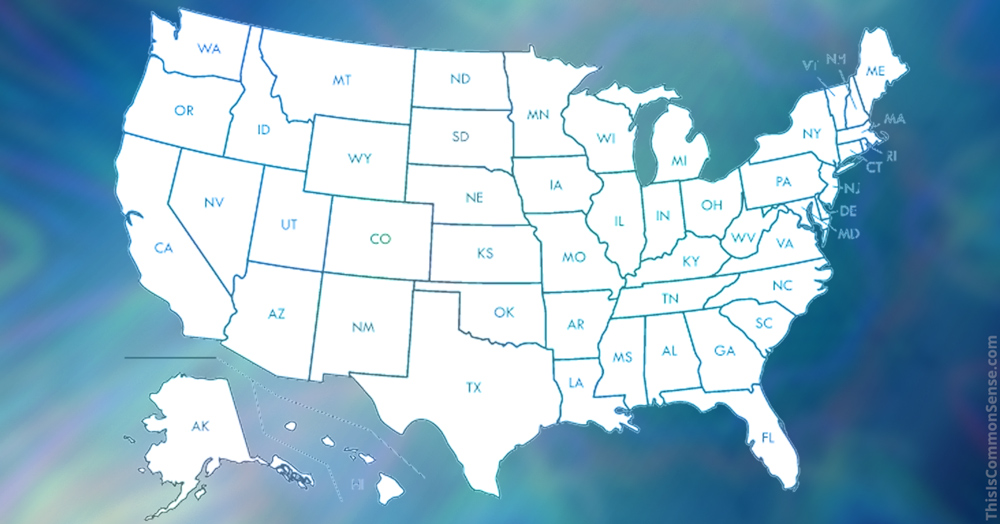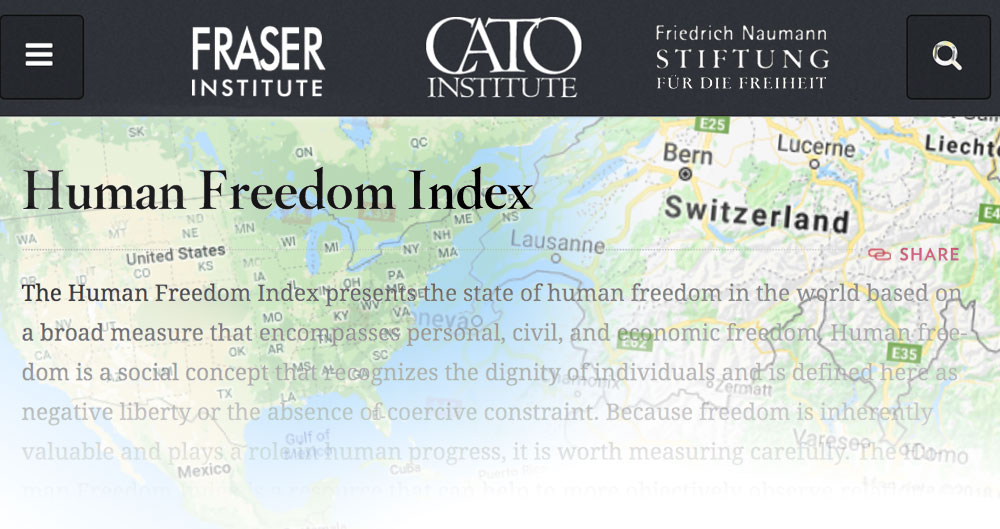What part should we play in terror, torture, oppression?
Asking for a friend.
Well, friends … some three-hundred-and-thirty million of them.
Egypt. The government of President Abdel Fattah el-Sisi just stormed the newsroom of one of Egypt’s few remaining independent media outlets, Mada Masr.
“Mada has shown nothing but courage in reporting the news against all odds,” a representative of the Committee to Protect Journalists (CPJ) offered bitterly, “and in the face of brutal repression.”
According to the CPJ, Egypt is the world’s top jailer of journalists. And that repression is not just well-documented, it is also well-funded. By … well … Sisi’s state receives roughly $1.5 billion in annual U.S. military and economic assistance, while Egyptians must “forgo democratic liberties” as “authorities” maintain “a constant crackdown … encompassing anyone criticizing the government,” informs a Congressional Research Service report updated last week.
Iraq. Anti-government protests are in full swing, with Iraqis “demanding an end to corruption, more jobs and better public services,” the BBC informs. More than 300 people have been killed by the government the American military set up, and nearly 15,000 injured as Iraqi Security forces have used tear gas and live bullets against protesters.
Hong Kong. The smashing victory for pro-democracy candidates in the former British colony, who “won almost 90 percent of the seats” in local elections, was the weekend’s bright spot. Voters sent an unequivocal message.
Now on President Trump’s desk is the Hong Kong Human Rights and Democracy Act (H.R.3289), which puts the territory’s special trading status at risk should China impinge on its autonomy.
Will our president sign the legislation or exchange it with Chinese leader Xi Jinping for a better trade deal?
Funding, facilitating oppression is no way to serve as a beacon of liberty to the world.
This is Common Sense. I’m Paul Jacob.

Photo: Studio Incendo / Photo: Flazingo Photos
See all recent commentary
(simplified and organized)
See recent popular posts




